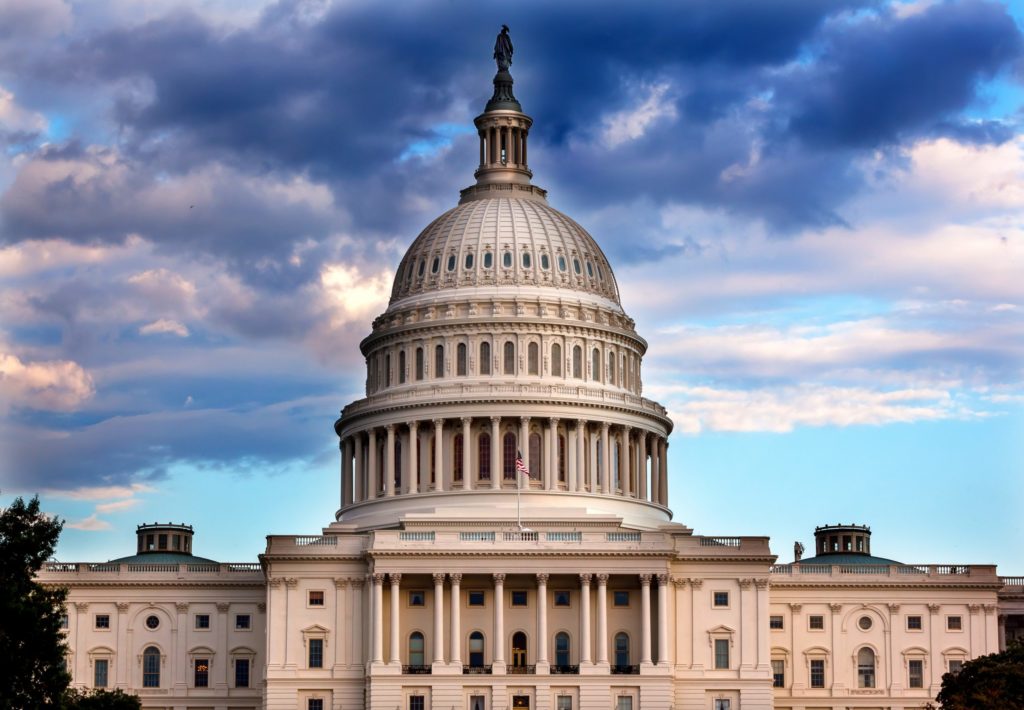Librarians join privacy groups, as industry sources react to cybersecurity draft
The letter (PDF link) called the closed discussions an “undemocratic process,” and said the in-conference legislation “loses any advantages and improvements in the Homeland Security Committee’s own cybersecurity bill, the NCPAA (National Cybersecurity Protection Advancement).” The letter signatories also include R-Street Institute, a D.C.-based conservative and libertarian think tank.
According to the groups, the proposed “conference” legislation would: create a loophole, allowing the president to remove the Department of Homeland Security, a civilian agency, as the lead government entity managing information sharing; reduce privacy protections for Americans’ personal information; expand the term “cyber threat” to make it easier to prosecute crimes unrelated to cybersecurity; expand broad liability protection for information disclosure; pre-empt state and local disclosure laws on cyber-threat information shared with or by state or local governments; and eliminate a directive to ensure data integrity.









